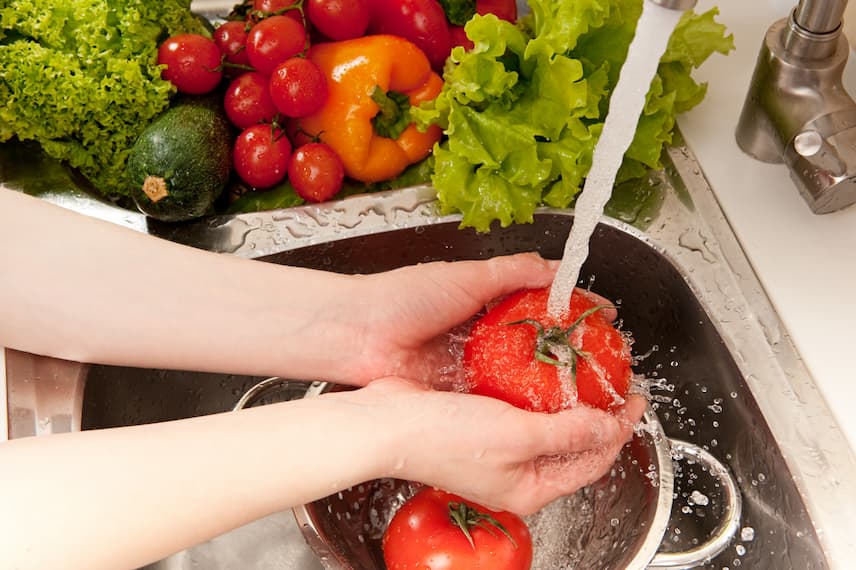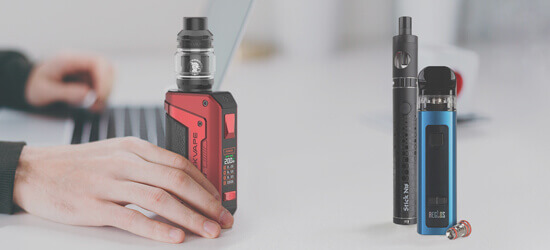Food safety remains a paramount concern for restaurants, as it directly impacts public health and the establishment’s reputation. A clean and hygienic environment is the foundation of food safety, and restaurants are obligated to maintain high standards. So, this article explores key practices in restaurant hygiene that ensure food safety, highlighting the significance of commercial pest control services in this endeavour.
Ensuring a Clean Kitchen
A hygienic kitchen is the heart of food safety. Regular cleaning schedules must be maintained, with surfaces and equipment sanitised after each use. Deep cleaning sessions are crucial to eliminate any potential breeding grounds for bacteria. The use of appropriate cleaning agents and tools cannot be overstated. Moreover, staff must be trained in proper hand-washing techniques and the use of gloves, especially when handling raw foods.
Safe Food Handling Procedures
Proper food handling techniques are essential in preventing cross-contamination. For instance, separate utensils and cutting boards for different types of foods, such as meats and vegetables, are a must. Temperature control, both in cooking and storage, plays a critical role. Keeping hot foods hot and cold foods cold ensures that harmful bacteria do not multiply. Moreover, employees must also be educated about the dangers of working while ill, as they could inadvertently spread contaminants.
Regular Health Inspections
Adherence to health codes and regulations is non-negotiable. Regular inspections by health authorities help identify any lapses in hygiene standards. These inspections are also an educational opportunity for staff, offering insights into best practices in food safety. Maintaining a good relationship with health inspectors and welcoming their feedback can lead to significant improvements in hygiene practices.
Employee Training and Awareness
Continuous training of employees in food safety and hygiene practices is vital. This training should cover topics like personal hygiene, proper food storage, cooking temperatures, and pest control measures. An informed staff is a restaurant’s first line of defence against foodborne illnesses.
The Role of Pest Control
Pests pose a significant threat to restaurant hygiene, and their presence can lead to food contamination and the spread of diseases. So, it’s crucial to hire commercial pest control experts to regularly inspect and treat the premises. These experts not only deal with existing pest issues but also identify potential risks and advise on preventive measures. Regular pest control is a necessary investment for any restaurant serious about maintaining high standards of hygiene and food safety.
Effective Communication and Teamwork
Effective communication and teamwork among staff are crucial in maintaining high standards of hygiene. A culture where employees feel comfortable reporting potential hygiene issues, such as pest sightings or equipment malfunctions, is essential. Regular team meetings can be used to discuss hygiene practices, share feedback, and implement improvements. A collaborative environment ensures that all team members are aligned in their commitment to food safety.
Waste Management and Disposal
Proper waste management is critical in maintaining a hygienic environment. Waste should be disposed of promptly and in a sanitary manner. Secure, clean, and appropriately sized waste containers are a necessity. Likewise, regular removal of garbage prevents odours and the attraction of pests, contributing to a cleaner and safer restaurant environment.
Customer Awareness
Customers appreciate transparency in hygiene practices. Displaying certificates of health inspections and pest control services instils confidence. Educating customers about the measures taken to ensure food safety can also enhance their dining experience and loyalty.
In conclusion, restaurant hygiene is a multifaceted endeavour that demands diligence and commitment. From maintaining a clean kitchen to ensuring proper waste disposal, each aspect plays a crucial role in food safety. The importance of professional pest control cannot be understated, as it safeguards against potential health hazards. By adhering to these essential practices, restaurants not only comply with regulations but also win the trust of their customers, ensuring a thriving business grounded in the highest standards of food safety and hygiene.



